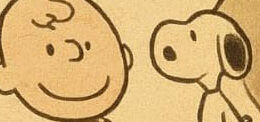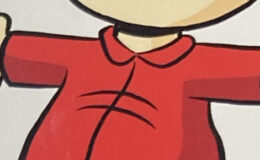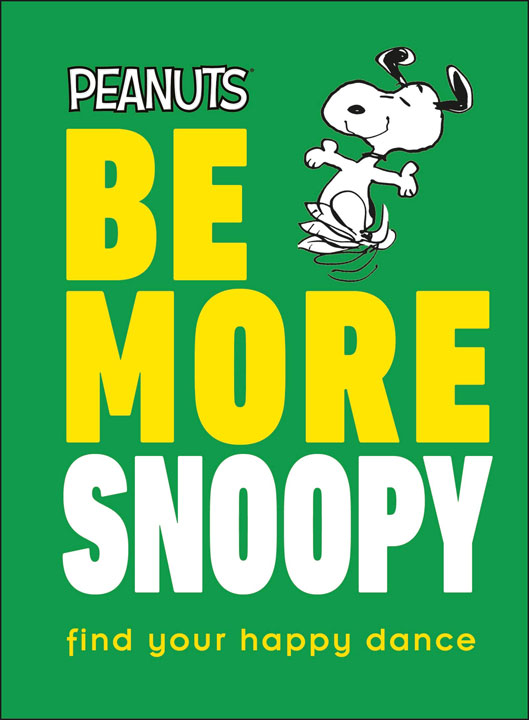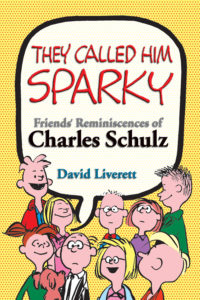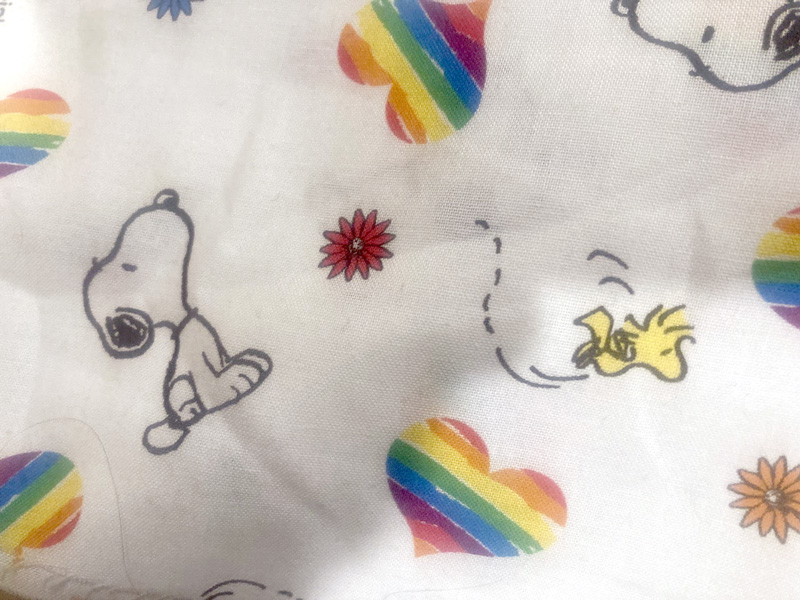
This weekend, I had the pleasure of attending the sold-out Transpose Theatricals production of You’re a Good Man, Charlie Brown in North Hollywood, California. The production featuring an all-trans and non-binary cast was a fun one, the cast brought great talent and a enthusiasm and really filled out their characters nicely. The producer/director of this was someone who is dear to me, and he asked my cis self to be Peanuts consultant for this — a position that proved to involve discussing the characters with him and his cast, and writing a brief and relevant essay for the program book. Since I’ve already had requests to be allowed to repost the essay. I have decided to release it under a Creative Commons CC BY-ND license, which means that you are free to copy and republish the essay, so long that you do not change it (changing would include expanding it, contracting it — it should have everything from the headline below down to the Creative Commons notice — or translating it.) If you wish to do anything else with it, email me at questions@aaugh.com to request permission. (That address is also good for letting me know if you’ve reused it somewhere particularly interesting or visible.)
On Peanuts and Gender
by Nat Gertler, professional Peanuts nerd
I can’t say that Charles Schulz made any direct comment on transness. This is not a surprise, as he was a person who was private in many ways except when he carefully chose to make a comment, and transness was much less a part of the cultural conversation when he died 25 years ago, before this bold new generation made their presence felt. But there are legitimate ways to see queer representation in Peanuts, even beyond the obvious tomboy-with-a-constant-galpal and the sensitive-musician-who-eschews-advances-from-girls characters.
If there is a trans symbol to be found in Peanuts, it’s Woodstock. To quote Schulz himself from the February 23-29, 1980 issue of TV Guide, “originally he was not a male.” Schulz goes on to explain that when he established the bird as Snoopy’s secretary, he perceived the bird as female, as most secretaries at the time were. But by the time pronouns were being used to refer to the character in the strip, years after his first appearance, they were he/him. He went unnamed for the first four years that he was in the strip and when finally named, the name is not one that suggests any gender at all.
If one looks to the animated specials, there is a long history of cross-gender casting. Boys voicing female roles dating back to 1969, when Christopher DeFaria was cast as the voice of Peppermint Patty, a role that had previously been performed by his sister. Christopher, who as it happens eventually became president of DreamWorks’ Feature Animation Group, was just the first male actor in that role; if you look at the list of the twenty people who have voiced the character, you’ll find a Daniel, a Brent, a Philip, and more mixed in with the Laura, Victoria, and Emily names. The very first person to play Marcie was Jimmy Aherns, and later performers include Jason Mendelson, the son of Lee Mendelson who produced the specials. Girls have also played the boy parts. Charlie Brown was played by Erin Chase in the miniseries This Is American Charlie Brown, Franklin by Jessica Nwafor in It’s Spring Training, Charlie Brown!, and when Christopher DeFaria took over the role of Peppermint Patty from his sister Gabrielle, he also took over another role she had had: Pig-Pen, which she’d been playing since 1966.
Schulz was a supporter of women in sports well before that became code for trans-exclusion. While his most commonly-cited links to women’s sports came after he befriended tennis great Billie Jean King and started promoting things like Title IX, the law that led to equal funding for women’s collegiate sports, in the strip, he was moving toward that well before then. The very inclusion of girls on Charlie Brown’s baseball team did put him ahead of the times. That came to a head with the second Peanuts special, the one that came out between the more famous Christmas and Halloween specials: in Charlie Brown’s All-Stars, ol’ Chuck gets offered the chance for something he’s always wanted, for his team to have uniforms and become part of a league. He is thrilled until he learns the one catch: it’s a boy’s only league. Charlie Brown sacrifices his dream, choosing the inclusiveness of a team with girls (and a dog) over the much-desired uniform and the uniformity that it required.
Nat Gertler won the Eisner Award for co-writing Charles M. Schulz: the Life and Art of the Peanuts Creator in 100 Objects, the Ben Franklin Gold Award for writing The Snoopy Treasures, and no award at all for his other four books about Peanuts. His blog and podcast about Peanuts books can be found at AAUGH.com
On Peanuts and Gender © 2025 by Nat Gertler is licensed under CC BY-ND 4.0
